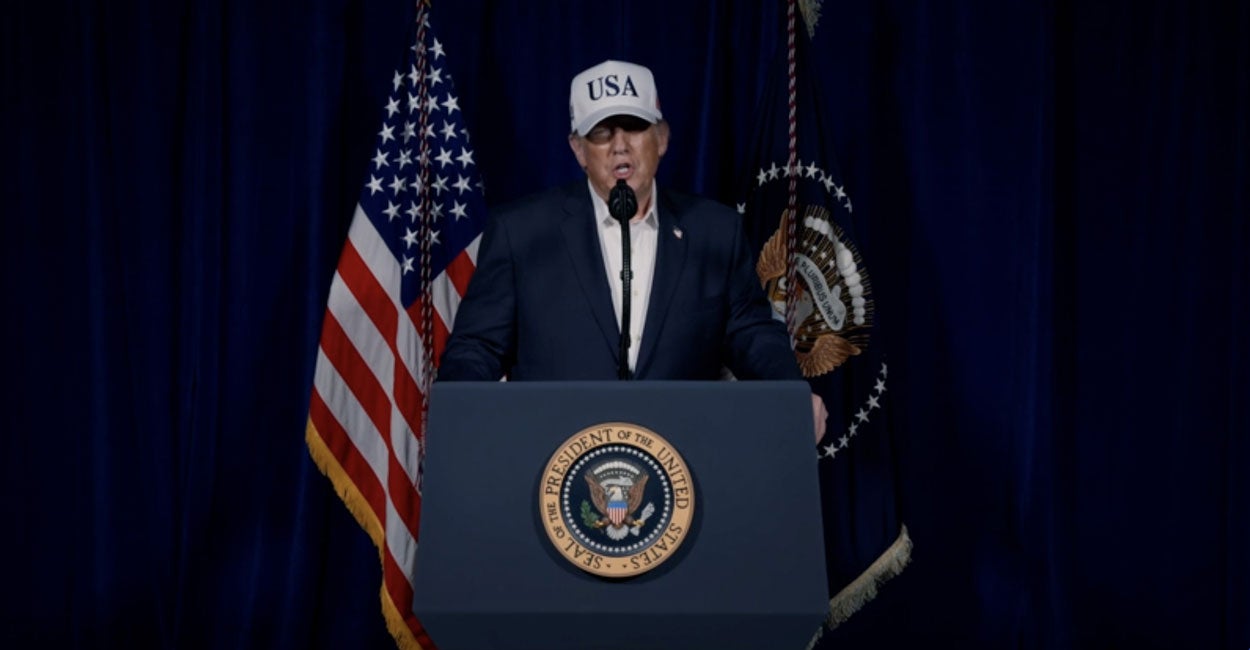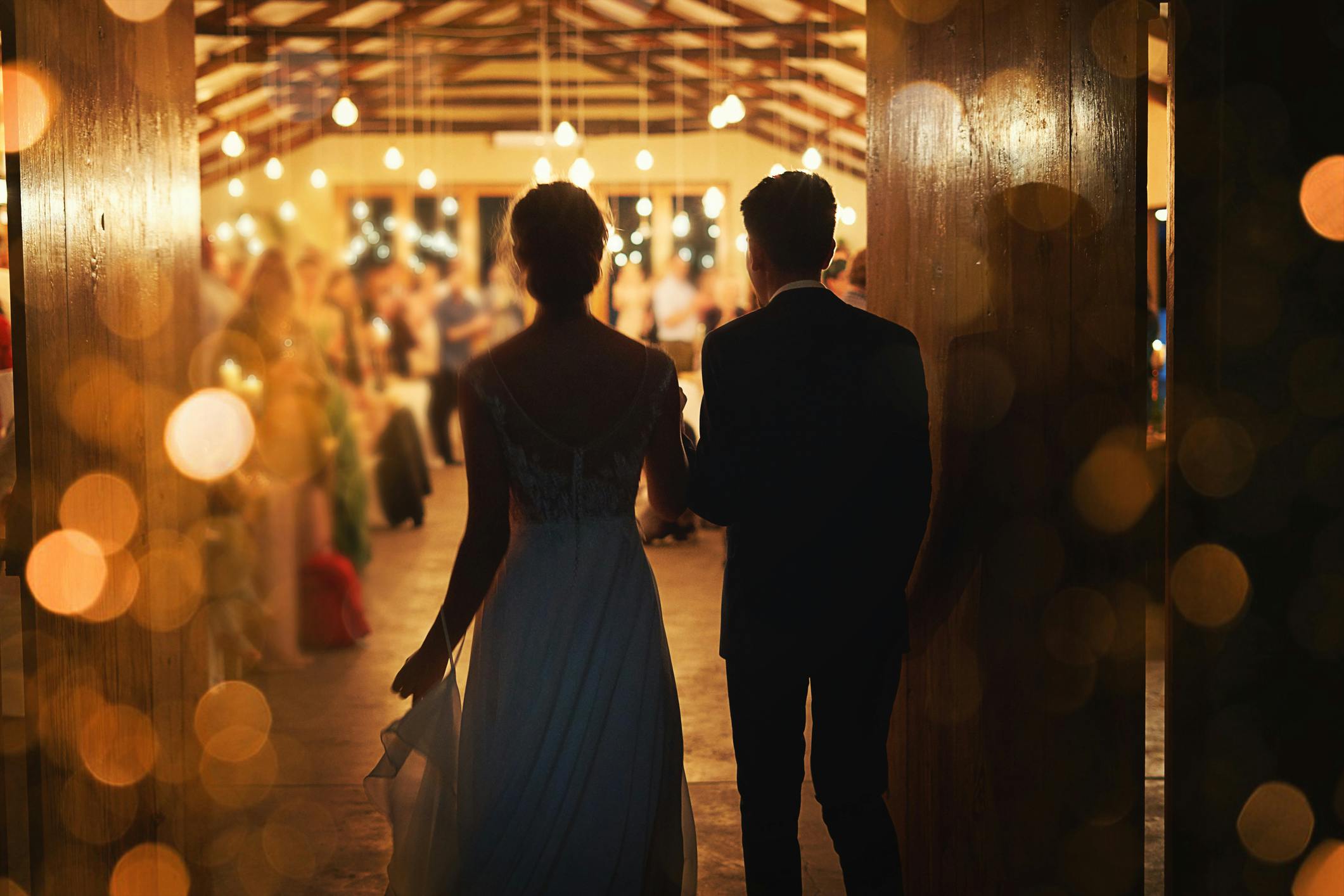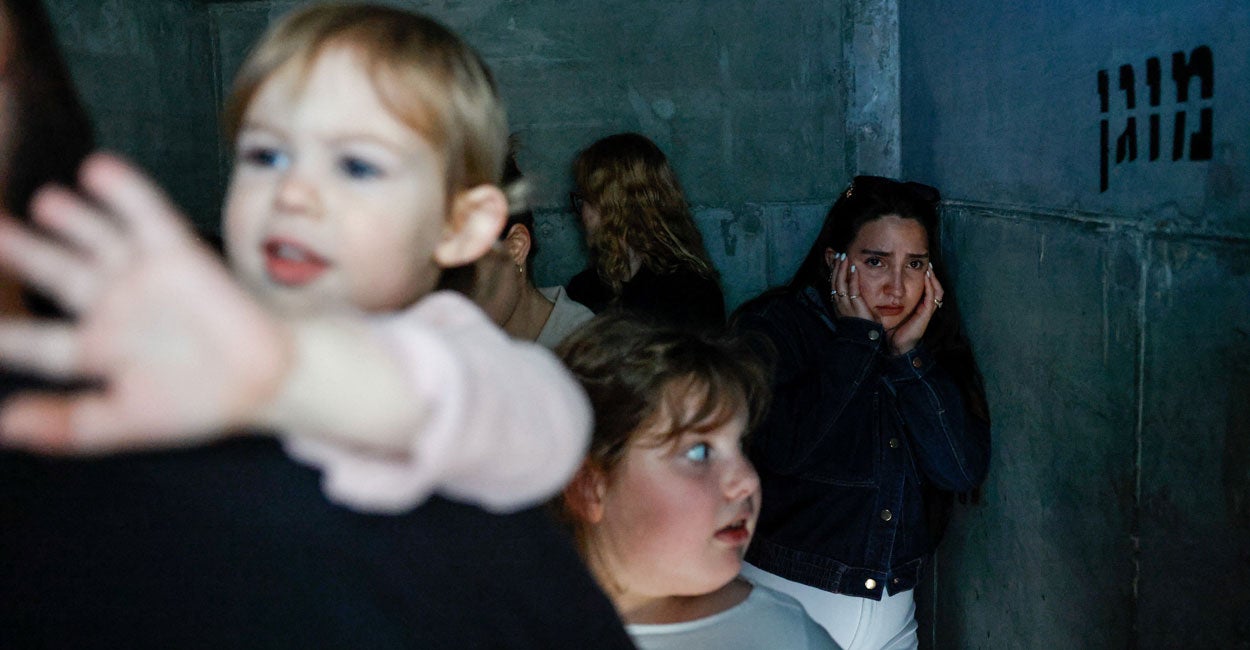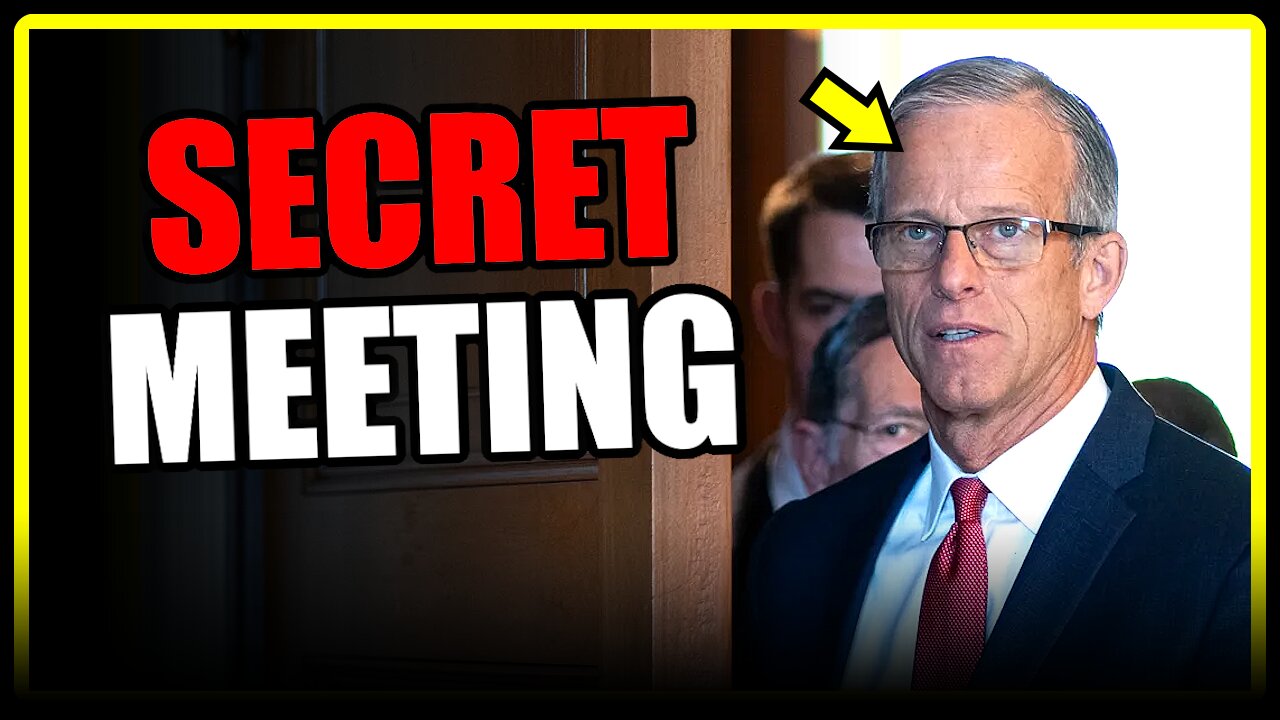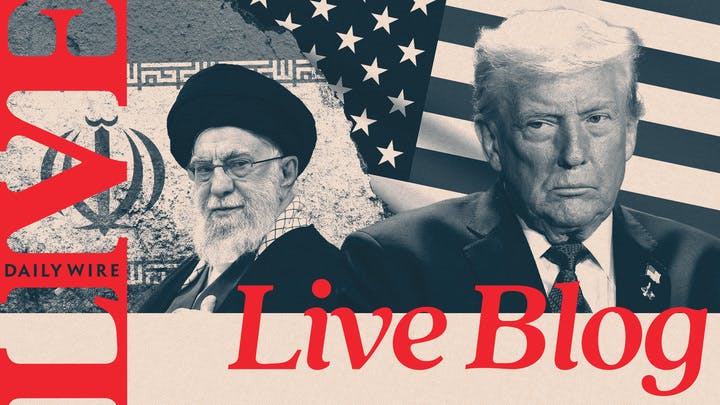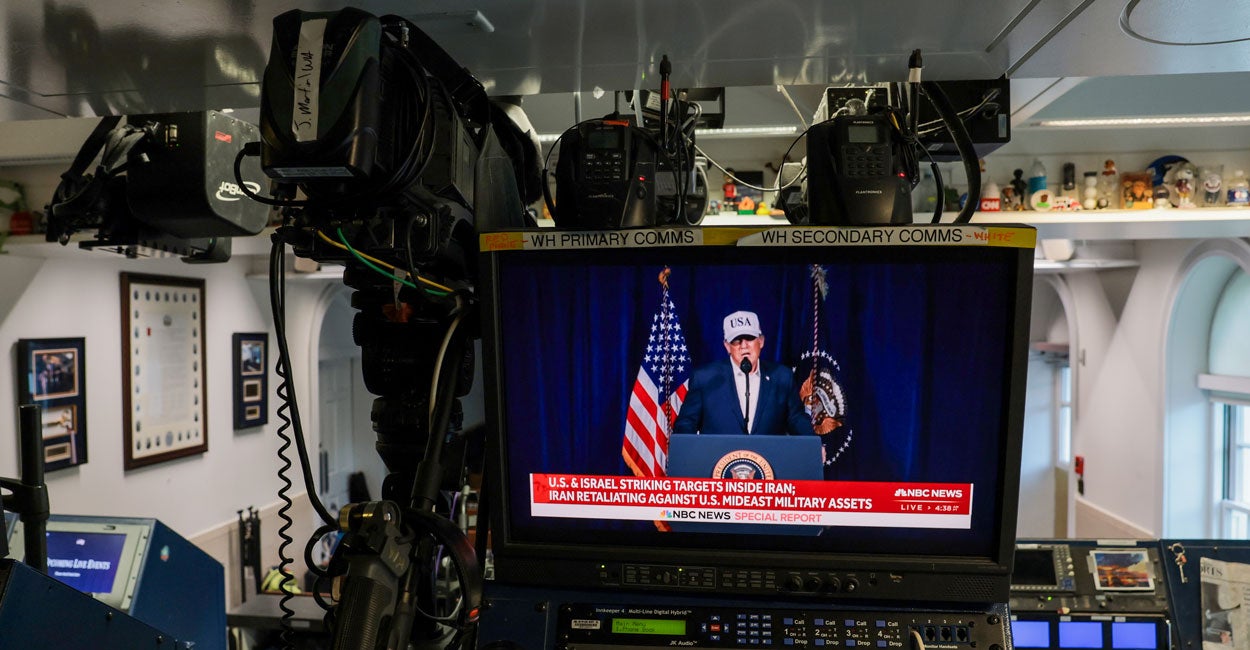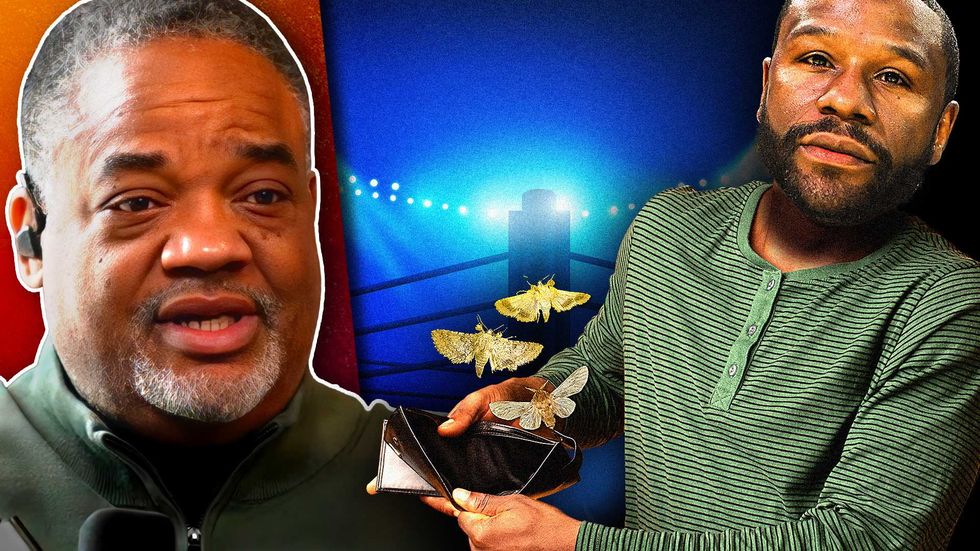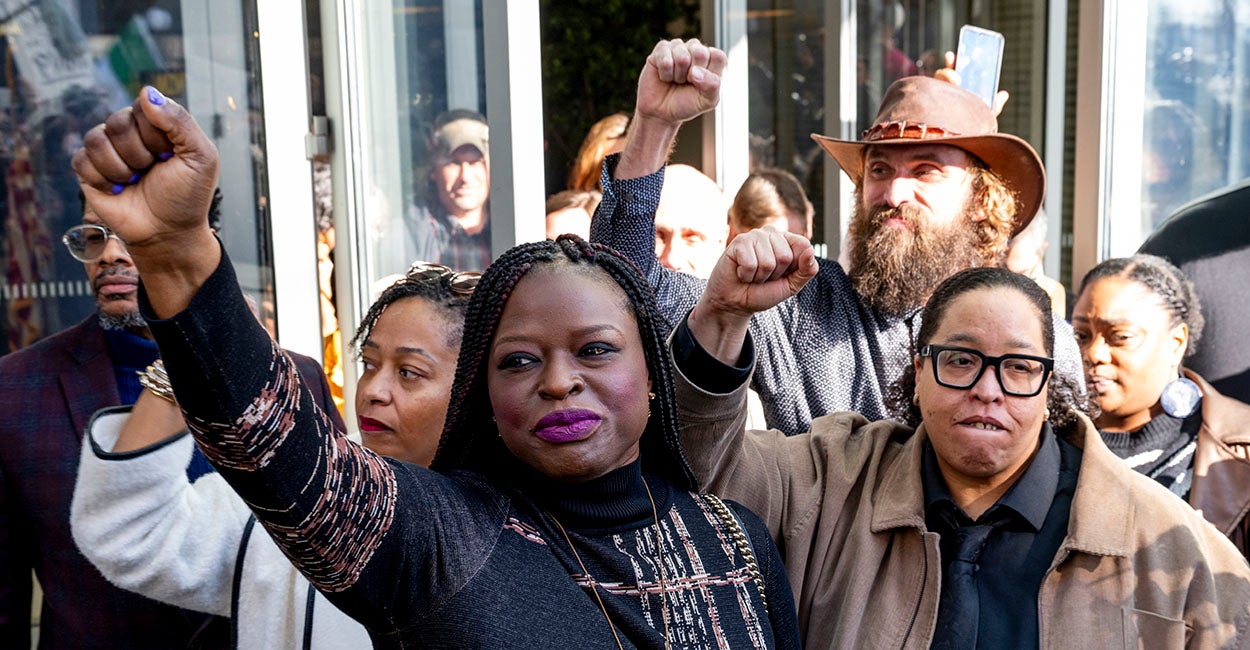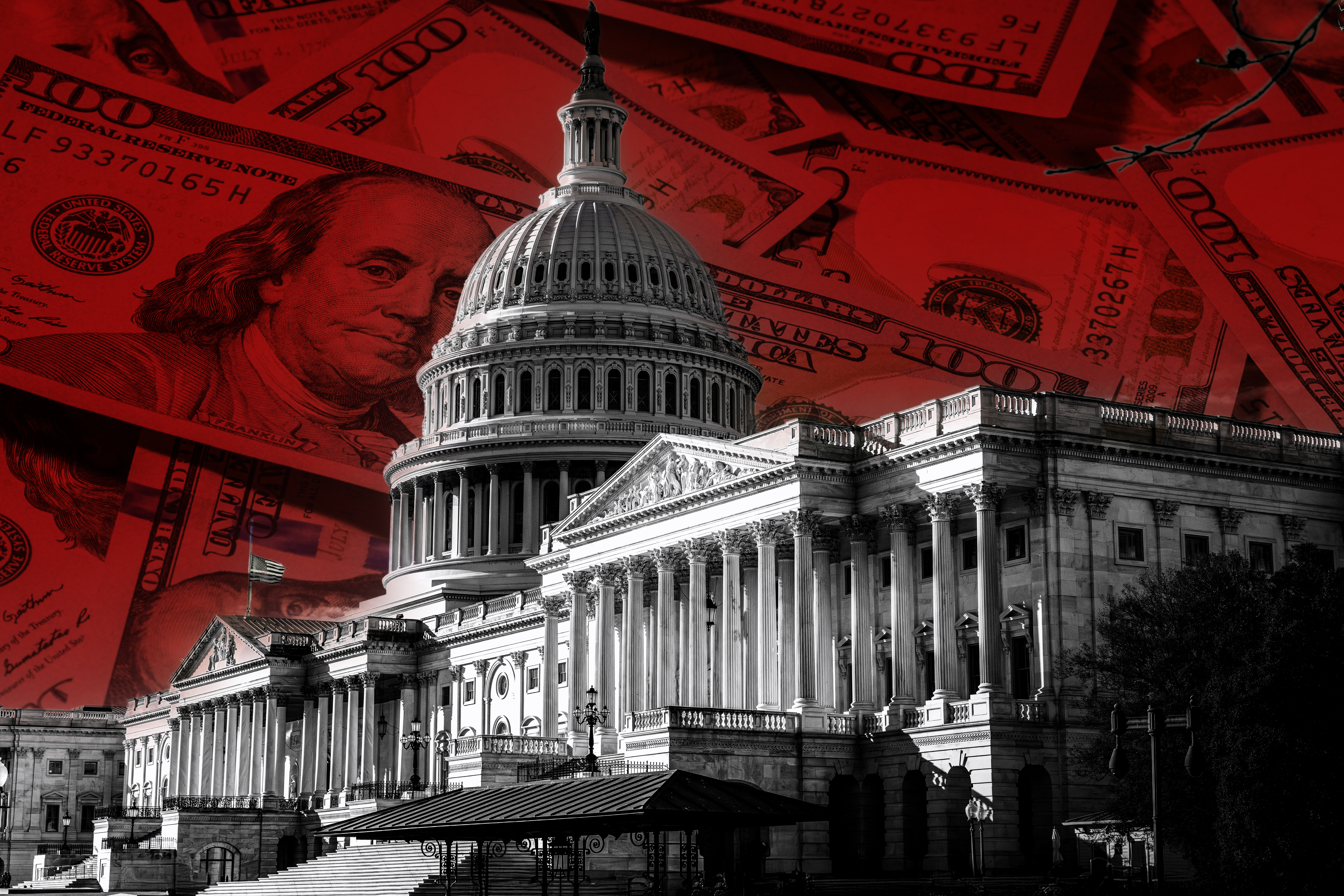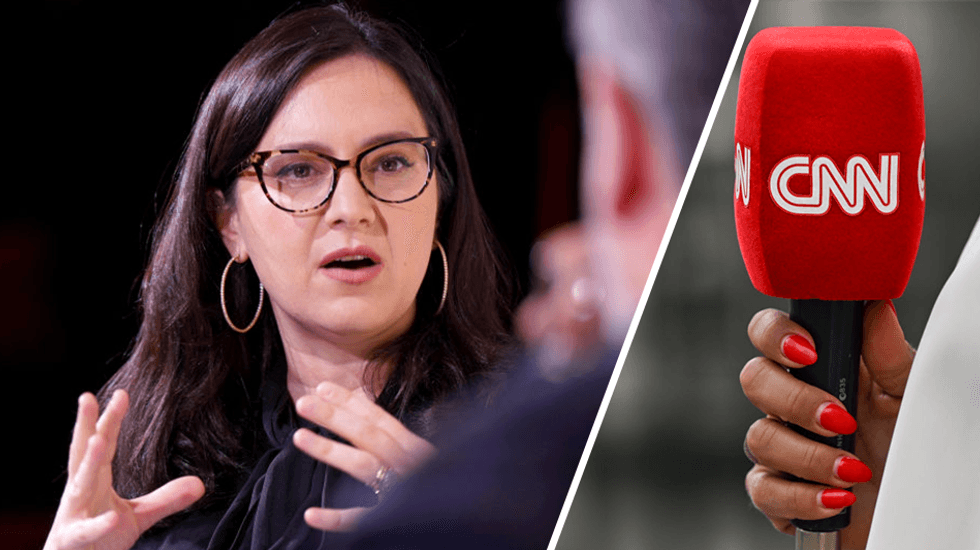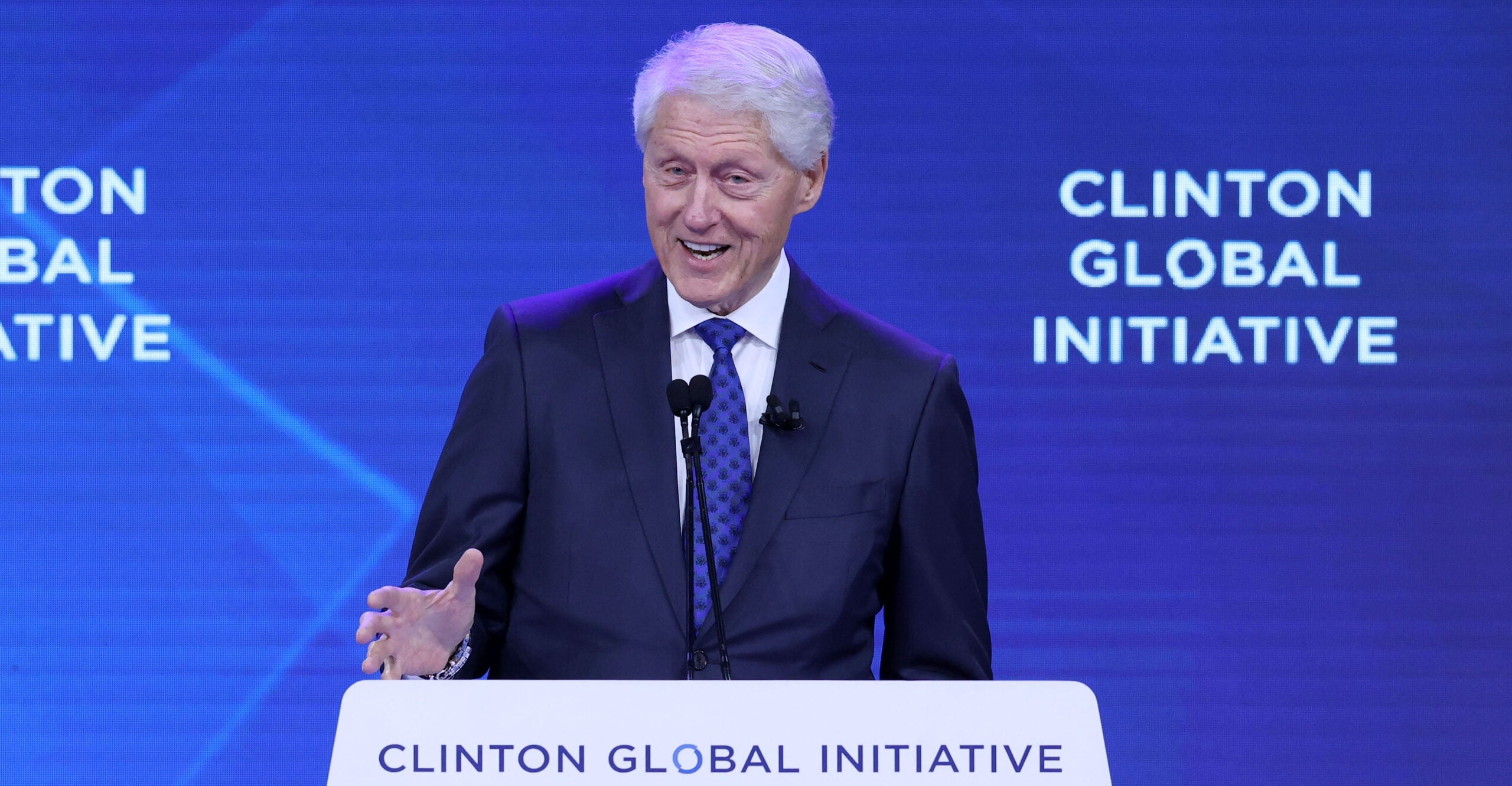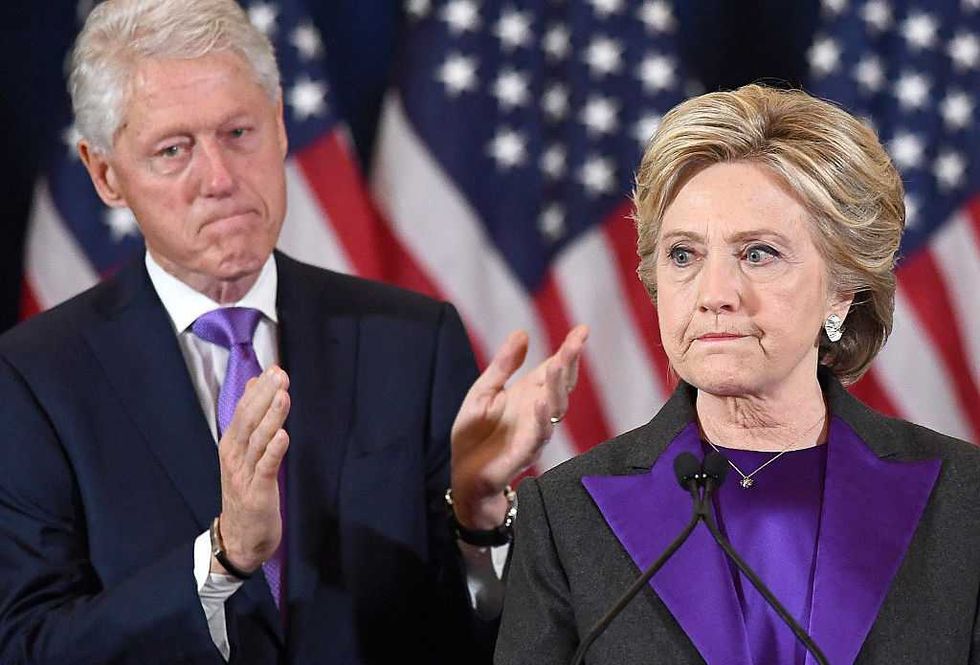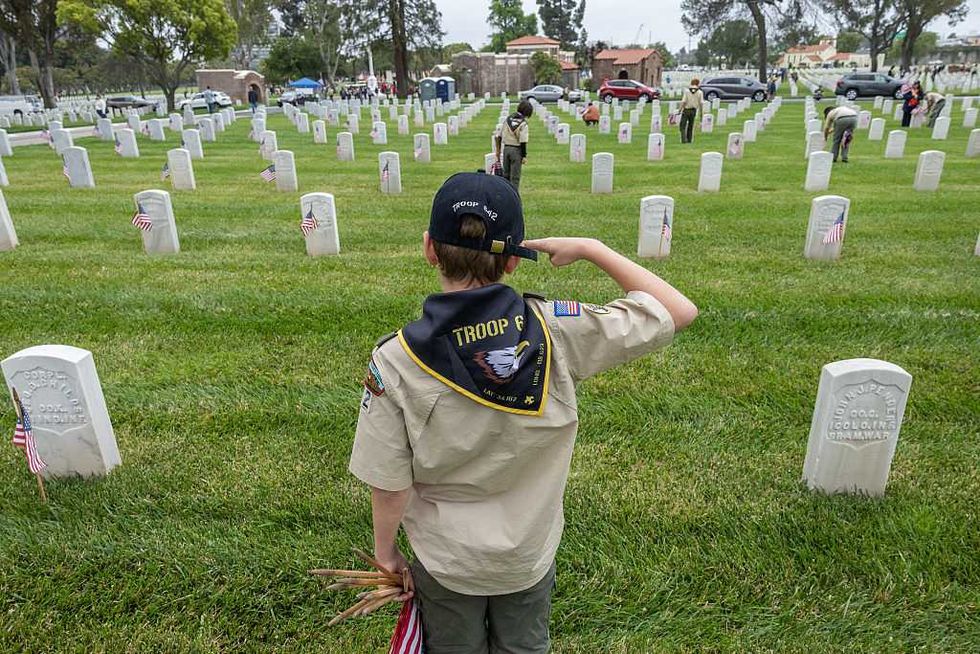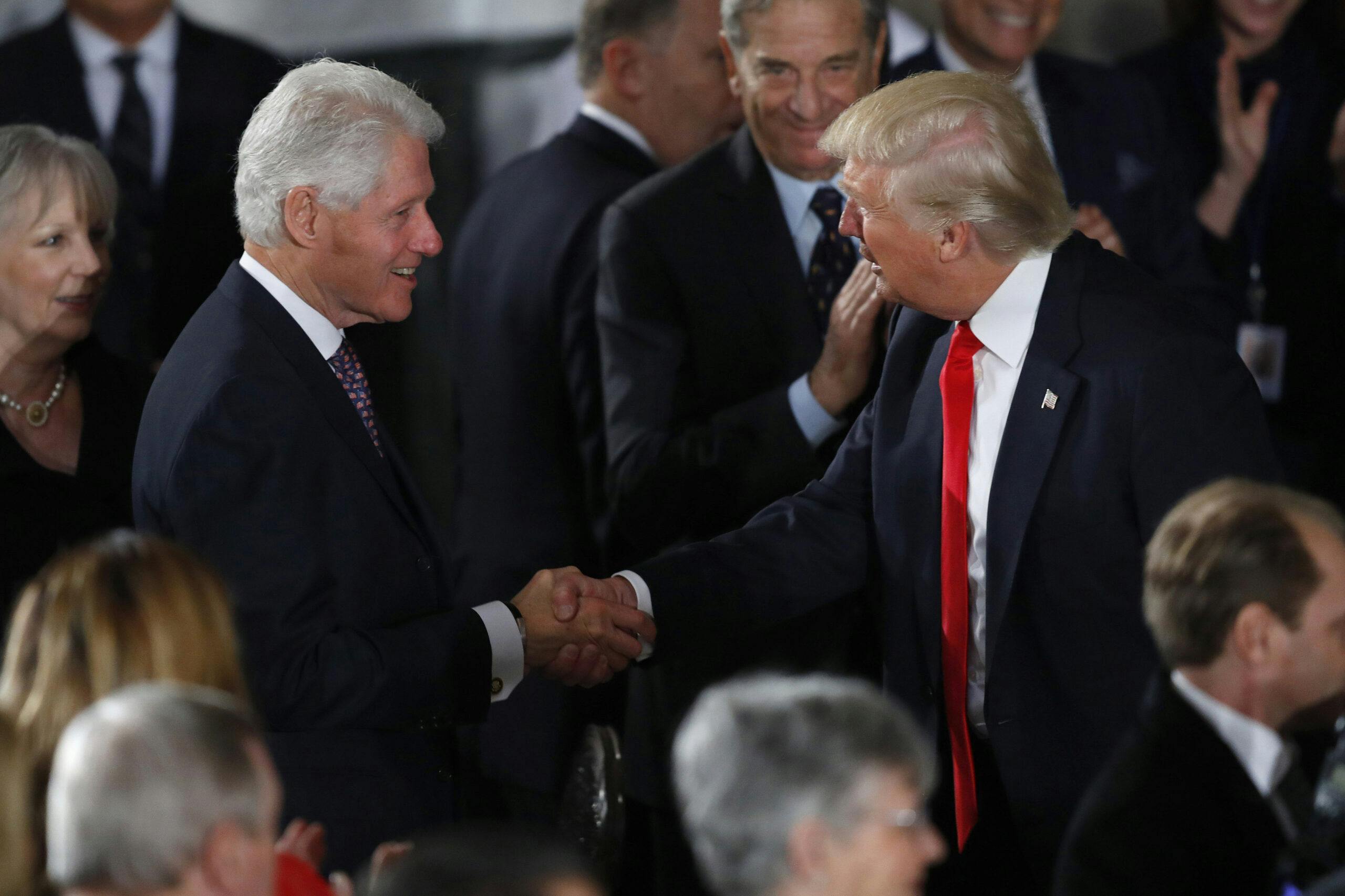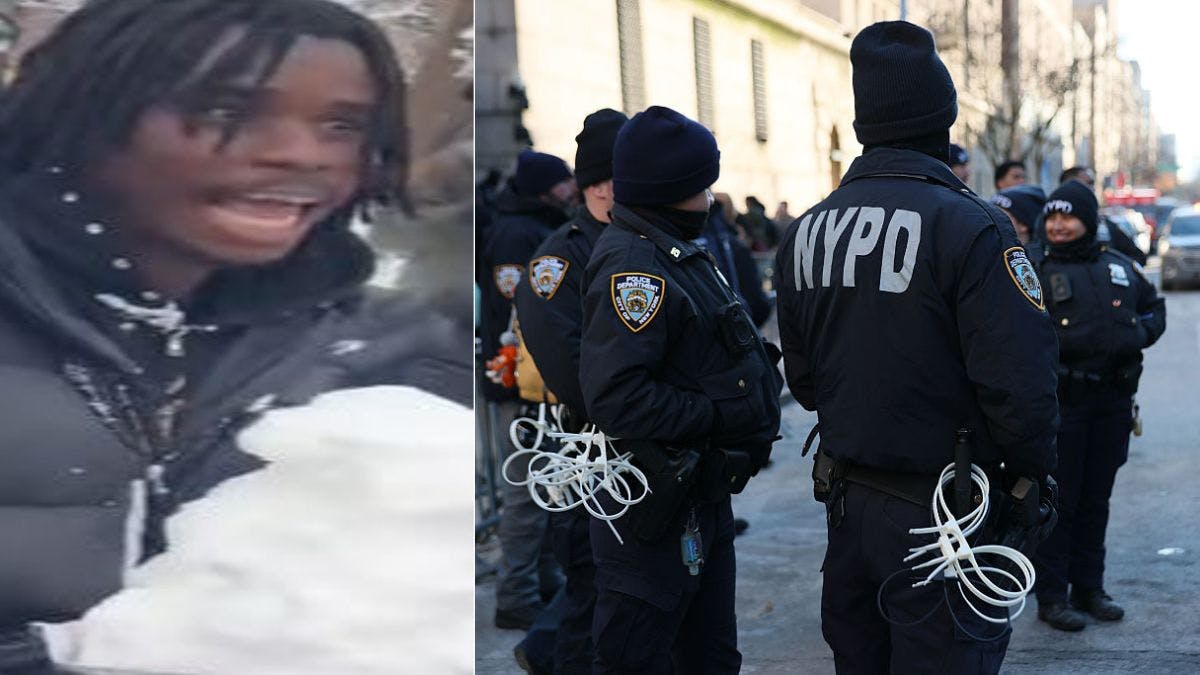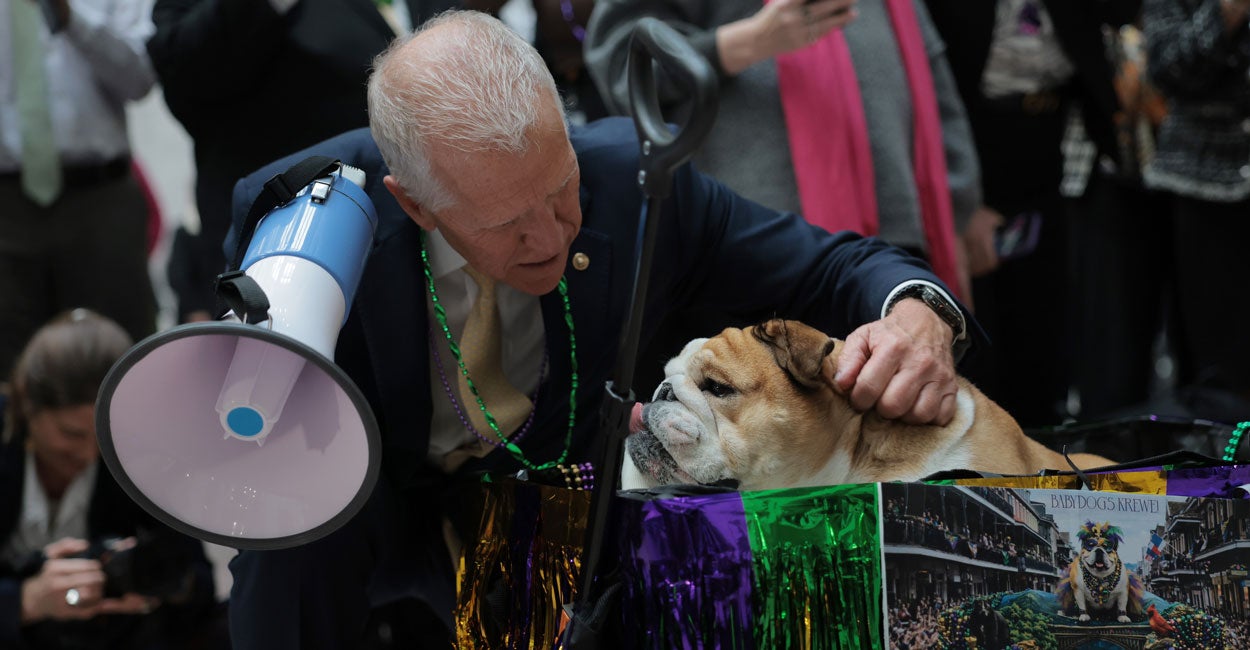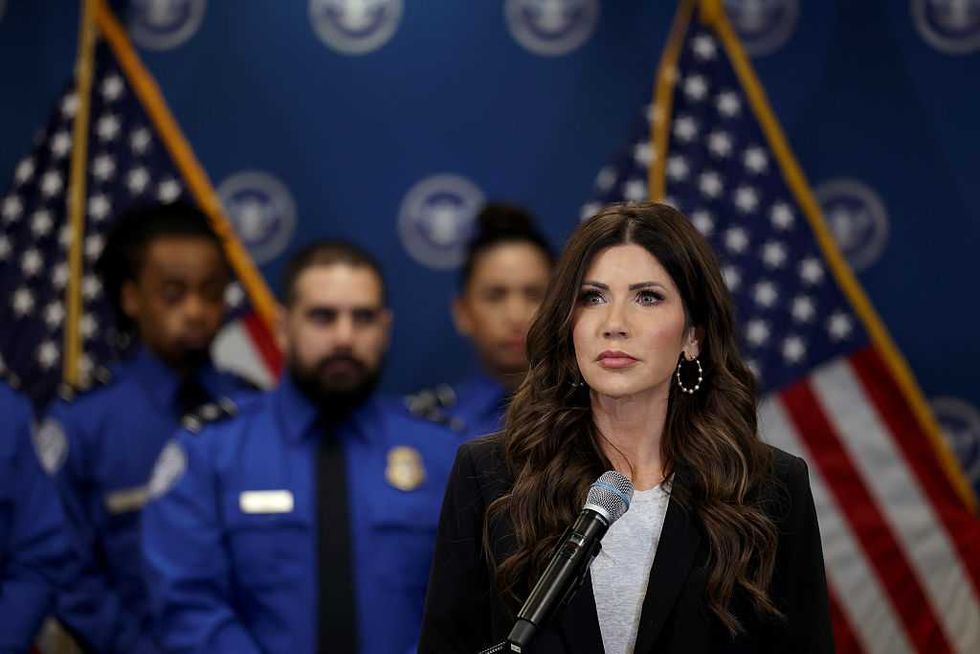Charlie Kirk Sparked a Faith Revival. He was Right: New Data Shows Religious People Are Happier Than Non-Believers.
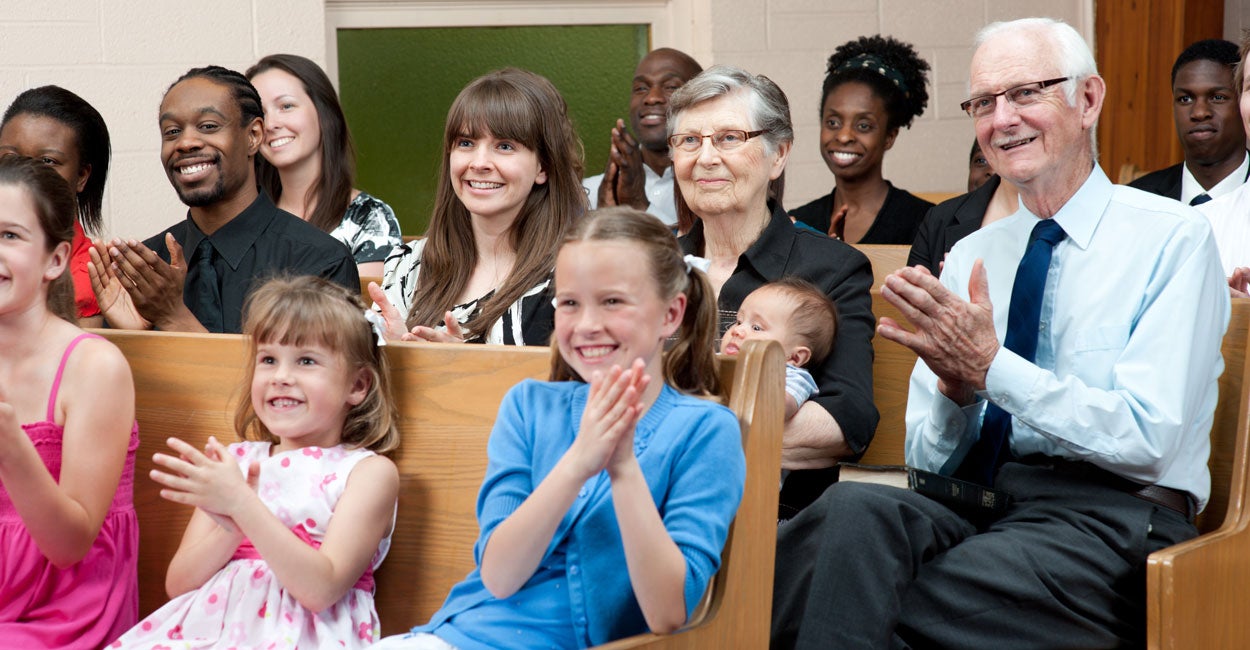
Charlie Kirk knew the keys to happiness in life are simple: faith, family, and freedom. New data on religious practice confirms Charlie was right: People attending church are much happier than people who don’t.
Live Your Best Retirement
Fun • Funds • Fitness • Freedom
God wants us encouraged alongside other believers, and new research from Ryan Burge at Washington University in St. Louis, illustrates the power of worshipping alongside fellow spiritual travelers.
“Highly active religious people are happier than non-religious people,” Burge wrote in his analysis of Pew Religious Landscape Survey data. “There’s no other way to spin this data than this simple conclusion … People who identify as Christians are significantly more likely to be very happy compared to those who are non-religious.”
Generationally, Burge also found that “The impact of religiosity on happiness is especially large among folks born in the 1980s and 1990s.”
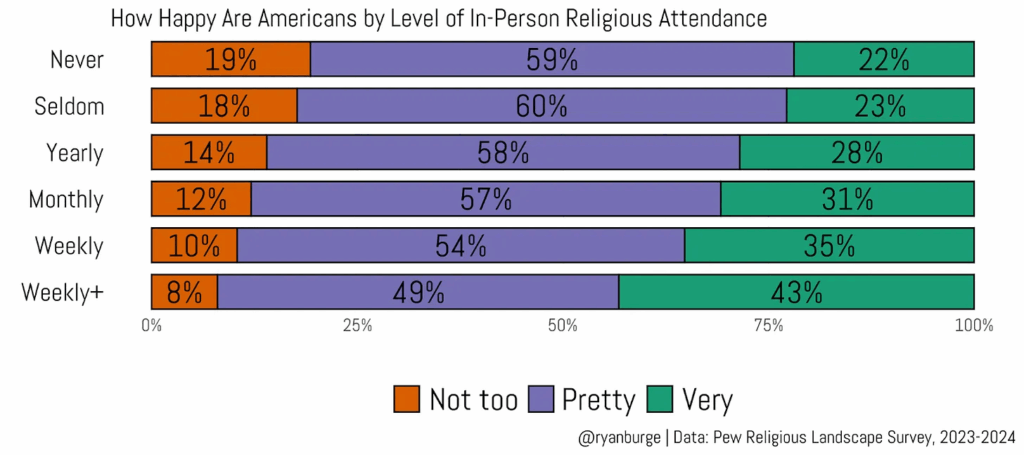
Online church services have a positive correlation with happiness, but as COVID lockdowns showed us, there is no substitute for in-person worship.
“People who attend a house of worship in person are significantly happier than those who never attend,” Burge noted. “There’s a positive effect for online worship, but it’s more muted.”
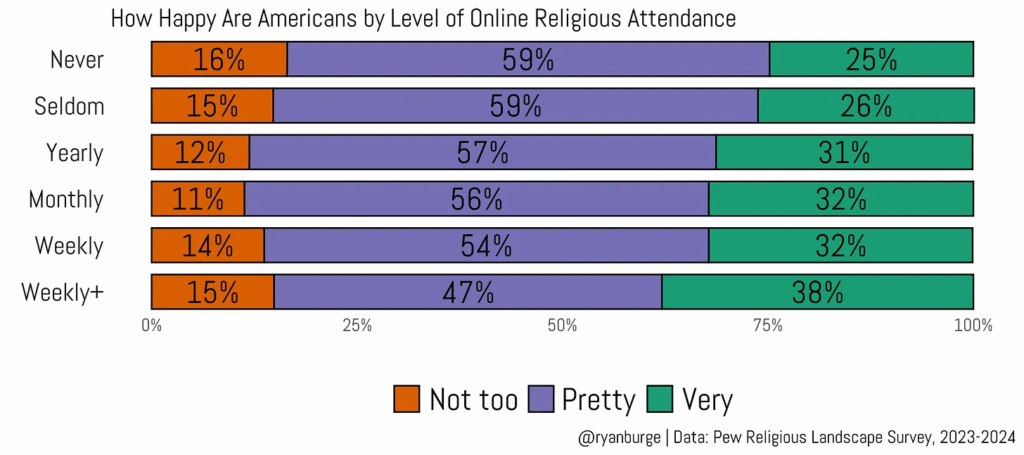
Online church services have a positive correlation with happiness, but as COVID lockdowns showed us, there is no substitute for in-person worship.
“People who attend a house of worship in person are significantly happier than those who never attend,” Burge noted. “There’s a positive effect for online worship, but it’s more muted.”
“Even when I control for age and political ideology, religious people are much more likely to report that they are very happy compared to non-religious individuals,” Burge wrote.
Burge rightly noted that politically conservative people are more likely to be religious than political liberals. Yet even voting blue, you’ll still feel less blue if you go to church.
Burge reports that among liberals born in the 1980s or 1990s who are non-religious and never attend a house of worship, 20% of them say that they are very happy. For liberals born in the 1980s or 1990s who indicate that they are weekly church-attending Christians, 49% said that they were very happy.
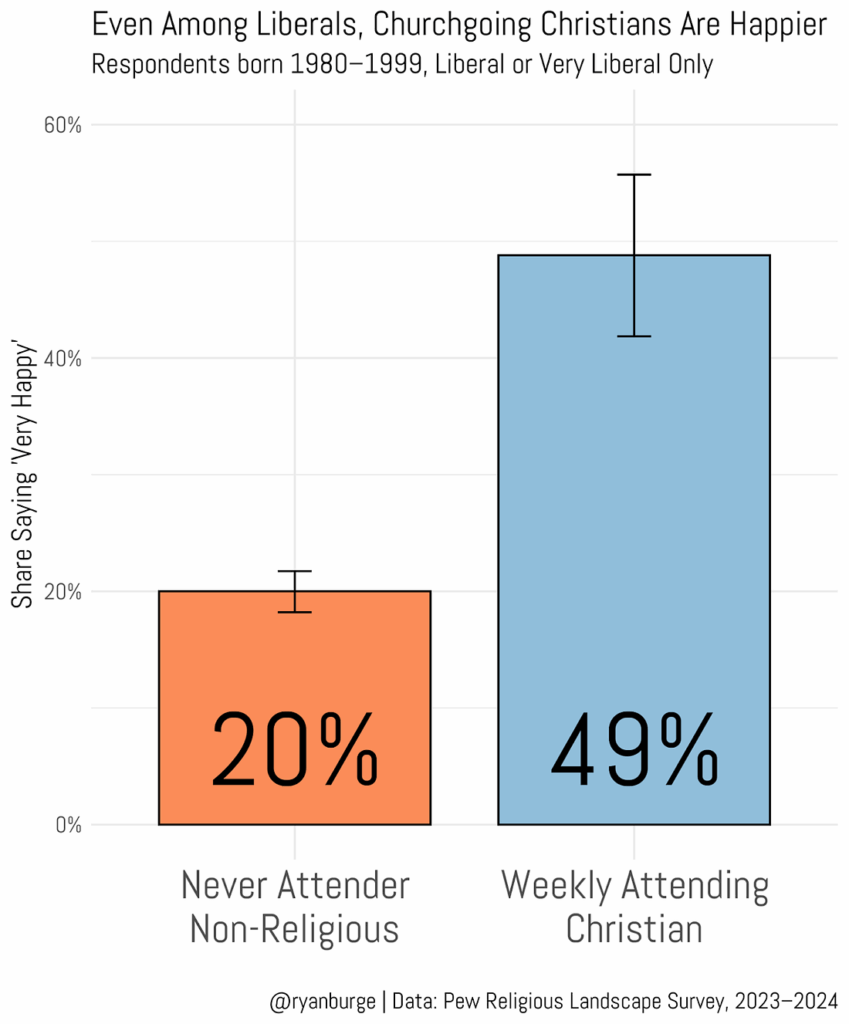
Burge also just compared conservatives in this same way, finding 45% of religious people are “very happy” compared to 27% of the non-religious conservatives. When he compared moderates, he found 33% vs. 17%.
The flip side is also true: Suicide, depression, mental illness, and addiction are correlated with secularism. No doubt there is a positive effect from the community impacts of attending church, but it’s beyond the human effect, because community groups like sports teams don’t offer the same level of purpose and meaning that religion does, according to research from AmeriCorps, a government agency that supports volunteering and community development.
AmeriCorps research found “Religious and spiritual activities” bring people the most happiness and meaning and lowest stress of any other activity, including “Sports, exercise and recreation” or “Socializing, relaxing and leisure.”
“Empty pews are an American public health crisis,” was the title of a piece Harvard researchers Tyler VanderWeele and Brendan Case co-authored for Christianity Today. In their piece, the scholars listed the benefits of religious attendance: “A number of large, well-designed research studies have found that religious service attendance is associated with greater longevity, less depression, less suicide, less smoking, less substance abuse, better cancer and cardiovascular-disease survival, less divorce, greater social support, greater meaning in life, greater life satisfaction, more volunteering, and greater civic engagement.”
Indeed, women and men attending weekly religious services are 68% and 33% less likely, respectively, to die “deaths of despair”—suicide, drug overdose or alcohol poisoning—according to 2020 research from Harvard University’s School of Public Health.
The National Bureau of Economic Research found states with decreased religious participation saw increased deaths of despair. A “Psychiatric Times” academic literature review reported of 93 observational studies, “two-thirds found lower rates of depressive disorder with fewer depressive symptoms in persons who were more religious.”
Boston University researcher Brian J. Grim reported “more than 84% of scientific studies show that faith is a positive factor in addiction prevention or recovery and a risk in less than 2% of the studies reviewed.”
This new Washington University research confirms thousands of years of Judeo-Christian wisdom.
Charlie Kirk led the vanguard of the “common sense revolution” President Donald Trump talked about during his 2024 victory. Part of embracing common sense is returning to the values underpinning the spiritual heritage behind American exceptionalism. Truth wins.
Carrie Sheffield is author of “Motorhome Prophecies: A Journey of Healing and Forgiveness” and program manager of Healthy Faith at United Charitable.
We publish a variety of perspectives. Nothing written here is to be construed as representing the views of The Daily Signal.
The post Charlie Kirk Sparked a Faith Revival. He was Right: New Data Shows Religious People Are Happier Than Non-Believers. appeared first on The Daily Signal.
Originally Published at Daily Wire, Daily Signal, or The Blaze
What's Your Reaction?
 Like
0
Like
0
 Dislike
0
Dislike
0
 Love
0
Love
0
 Funny
0
Funny
0
 Angry
0
Angry
0
 Sad
0
Sad
0
 Wow
0
Wow
0
